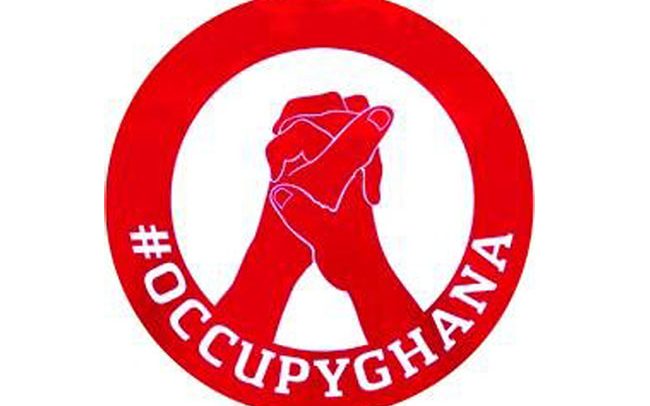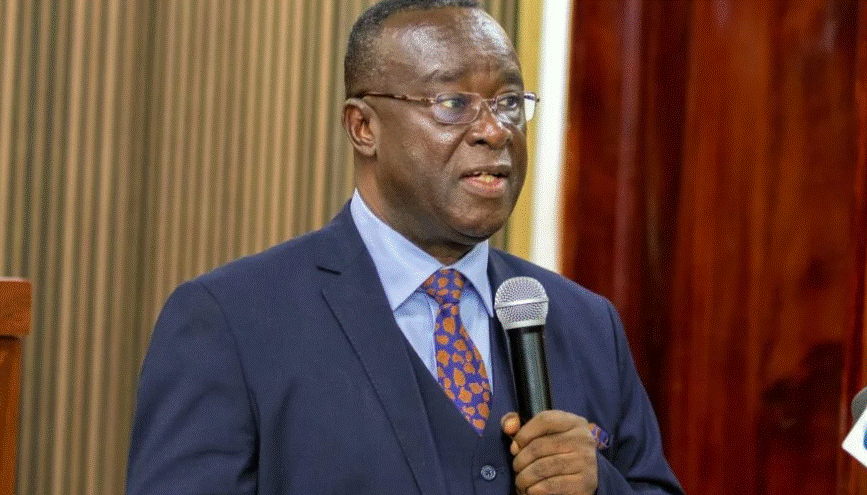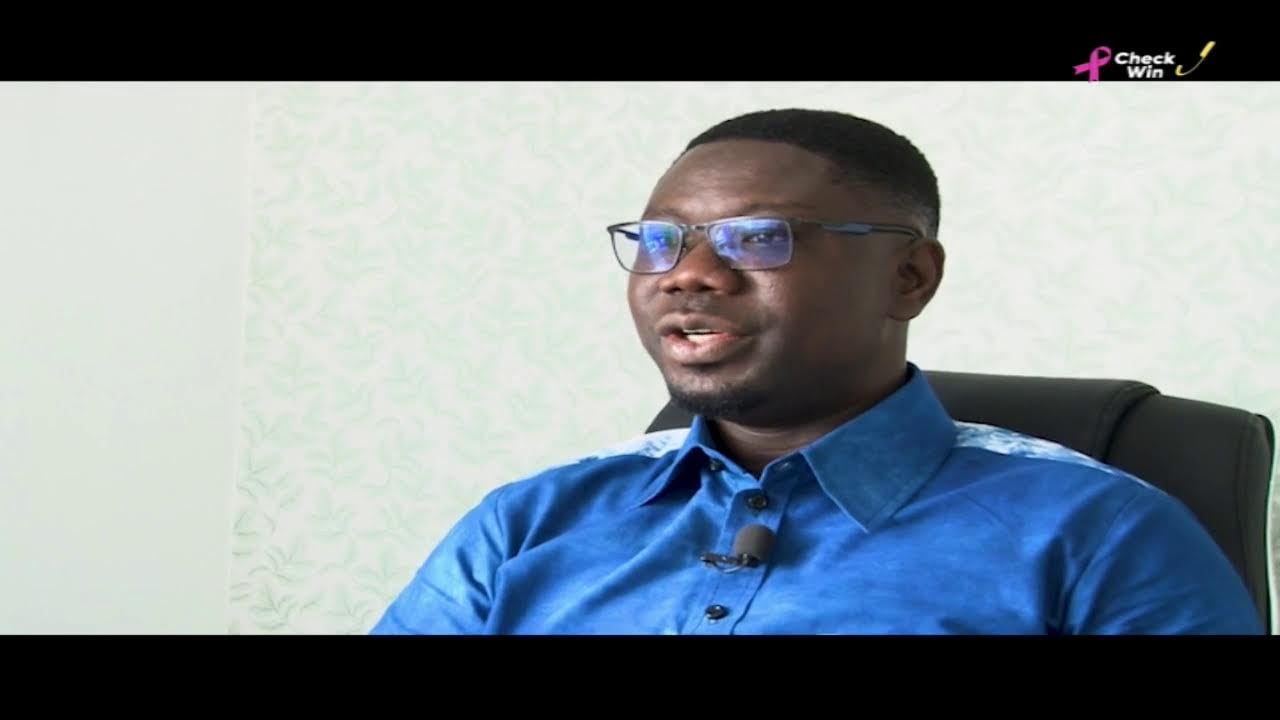


In the first week of July this year, the Ghanaian medical community was thrown into shock. One of their own died in their hands because they didn’t have the equipment to save him.
Dr Kwame Adu Ofori, in the prime of his life and career, died suddenly from myocardial infarction also known as heart attack at only 47 years old. The emergency physician worked at the Komfo Anokye Teaching Hospital in Kumasi, where he saved many lives, but he, couldn’t be saved when he needed to be saved.
All the hospital needed to be able to save Dr Ofori was a catheterization laboratory or Cath lab for short. But the hospital didn’t have one. Neither does any hospital in the northern part of the country. He was airlifted to Accra, where one could be found. The airplane landed in Accra. But it was too late, he didn’t make it. He died.
Soon after the death of Dr Ofori, the president gave an order to purchase three Cath labs.
What is a Cath lab?
A Cath lab is a special hospital room where doctors use small tubes and imaging tools to check and treat problems in the heart and blood vessels.
Some of the key procedures done in Cath labs are:
- Heart check using tubes and imaging: Doctors using a thin tube gently guide it through a blood vessel all the way to the heart to check how it is working. This procedure helps them to understand what might be causing a chest pain, shortness of breath, or other signs of heart disease.
- View blockages with dye (Angiography): This is a special dye used to make the blood vessels around the heart visible on a screen. Helps identify if any arteries are narrowed or blocked.
- Opening blocked arteries, known as Angioplasty and Stents: For instance if an artery is found to be blocked, doctors are able to open it right away using a tiny balloon or place a small metal tube (stent) to keep it open. This can prevent heart attacks and restore blood flow.
- Detailed imaging inside vessels: With advanced tools like intravascular ultrasound, doctors are able to see the inside walls of blood vessels more clearly to make better treatment decisions.
- Measuring heart strength: Some tests in the Cath lab measure how well the heart is pumping blood. This is important for managing heart failure and other conditions.
- Placing heart devices such as pacemakers and defibrillators: For patients dealing with irregular heartbeats, doctors are able to safely place small devices in the heart through a vein to help the heart to beat normally.
- Heart tissue sampling or biopsy: While doctors operate on a patient, they are sometimes, able to take a small piece of heart tissue to test for certain diseases that affect the heart muscle.
A Cath lab enables specialists to perform these procedures without open-heart surgery, and it is less risky and quicker than open-heart surgery, and patients usually go home the same day or after a short stay. With a Cath lab, doctors diagnose and treat heart issues quicker to save lives.
How much is a Cath lab?
In April 2023, Dr Mahamudu Bawumia commissioned a Cath lab at the Korle-bu Teaching Hospital in Accra that was described as “the most advanced Cath lab in the country”. The lab had a Big Detector, dyna CT and roadmap software, and 3D workstation.
According to information on Dr Bawumia’s Facebook profile, the lab was procured and funded by the Bank of Ghana, at a cost of $1 million. That would include purchase, installation, staffing, training and regulatory compliance and so on. Give or take, it might cost about $1.5 million.
SML and the GH¢125 million bleeding
The revelation recently by the Office of the Special Prosecutor (OSP) that the Strategic Mobilisation Limited (SML) deal has cost Ghana a colossal loss of GH¢125 million, requires asking how many Cath labs that could buy for the country? The country has been bled that much money that could have been used to purchase Cath labs for the entire country.
The Special Prosecutor, Kissi Agyebeng, in making the announcement indicated that the former Minister of Finance, now a fugitive in the US, Kenneth Nana Yaw Ofori-Atta and five others will be charged for corruption-related offences linked to SML.
The others are Ernest Akore, Chef de Cabinet to Mr Ofori-Atta; Emmanuel Kofi Nti and Rev. Ammishaddai Owusu-Amoah, both former Commissioner-Generals of the Ghana Revenue Authority (GRA); Isaac Crentsil and Kwadwo Damoah, former Commissioners of the Customs Division of GRA.
The Special Prosecutor said the OSP would seek to recover financial losses caused by the individuals and pursue the return of GH¢125 million from SML as disgorgement of unjust enrichment.
“This amount was arrived at on two considerations. Firstly, the participation of SML in the public revenue assurance regime was based on largely undeserved automatic payments detached from performance,” he said.
He also cited SML’s lack of expertise and capacity in transaction audit and external price verification, failure to submit invoices backed by verified reports, and the use of variable percentage-based payments in downstream petroleum audits as contributing factors.
“These factors created and engendered a free payment system on one hand and a conflictual system of padding-up figures of petroleum products lifted to attract artificial higher fees on the other hand,” he said.
How many Cath labs the GH¢125 million can buy
Even with a rough estimate of $1.5 to $2 million, and an exchange rate of GH¢11 that would be $11.3 million. With that amount Ghana can procure about seven Cath labs. While the seven may not be sufficient to cover all the 16 regions, they could be installed at vintage hospitals around the country, and these would save lives, and quicker too.
By Emmanuel K Dogbevi
The post How many Cath labs can the GH¢125m lost in SML deal get for Ghana? appeared first on Ghana Business News.
Read Full Story

























Facebook
Twitter
Pinterest
Instagram
Google+
YouTube
LinkedIn
RSS